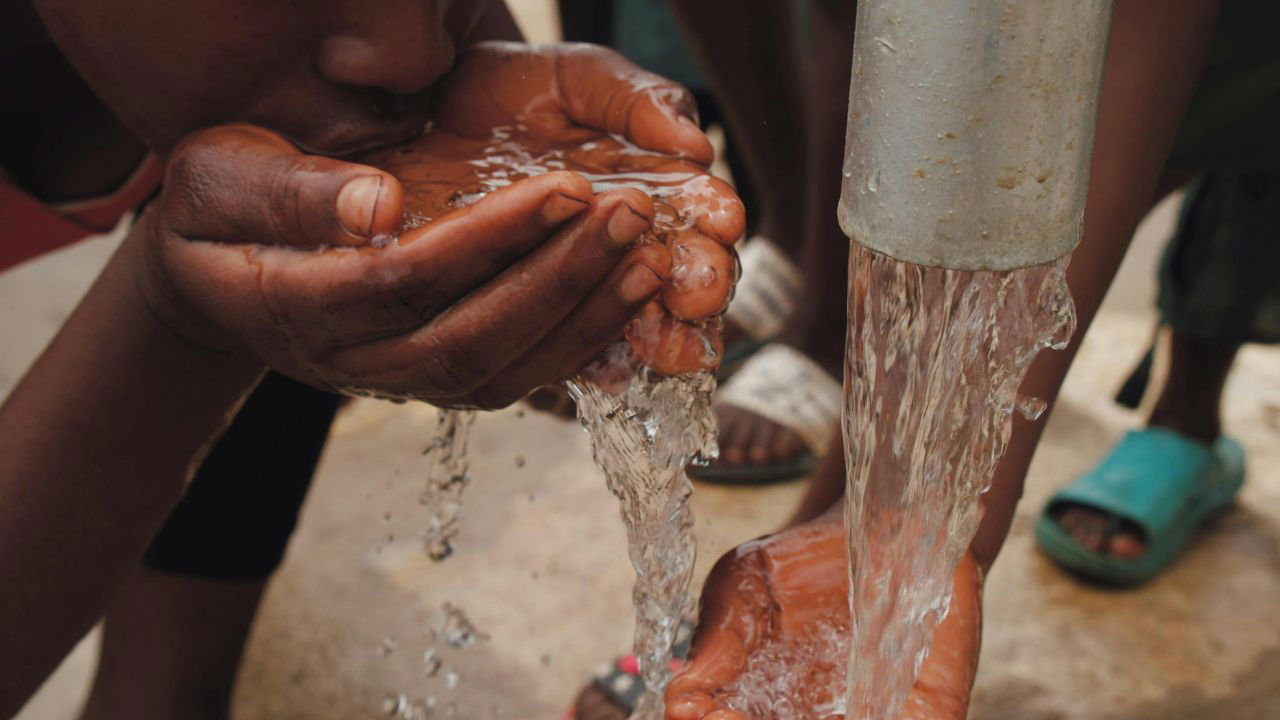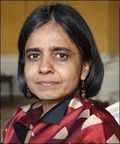
Boson Whitewater, a water utility company that converts STP-treated water into high-quality potable water, has collaborated with Biome Environmental Trust for India’s first indirect potable water reuse project through managed aquifer recharge at Devanahalli, Karnataka. The project produces 6,40,000 litres of potable drinking water per day, adhering to BIS-10500 drinking water standards. The clean water now directly benefits thousands of residents in the Devanahalli municipality.
As part of this project, treated wastewater from the sewage treatment plant is first pumped into Bagalur Lake, where it is diluted with rainwater. It is then directed to Devanahalli's Sihineerukere Lake, further diluted with rainwater, and subsequently filtered through the earth to recharge the aquifer. The water is then picked up from the aquifer through a dug well and shallow filter borewells, treated, and then supplied to the town.
Indirect potable reuse involves using an environmental buffer, such as a lake for dilution with rainwater and/ or groundwater aquifer for earth filtration, before the water undergoes final treatment at a drinking water facility.
The project is part of a broader effort to rejuvenate 65 lakes in Bengaluru by using treated wastewater and rainwater. It involves reviving an old well and digging borewells to access the aquifer, along with the installation of water treatment plants in two phases. Now, the system provides 640 KL of water daily, helping supplement the domestic water requirement of Devanahalli town and its 45,000 residents. This was made possible through the collaboration of several organisations, including Carl Zeiss, Rotary South Parade Bangalore, and the Wipro Foundation.
The project is energy-efficient, using just 0.25 units of electricity per 1,000 liters, which is among the lowest in India. It follows the AMRUT 2.0 guidelines and serves as a model for future urban water management.
Commenting on the project, Vishwanath S, Advisor, Biome Environmental Trust, said, “Devanahalli town relies heavily on deep borewells for its water supply. Through this project, we aim to revive the local lake, recharge groundwater, and explore how a town can become self-sufficient by using both local water sources and treated wastewater. The project can meet Devanahalli's 5.4 MLD (Million litres per day) water demand. In Phase 1, a water treatment plant was installed to provide 240 KL (kilolitres) of water daily. In Phase 2, the project expanded with the addition of four more filter borewells, a reconstructed 60 KL sump, and a new 400 KLD water treatment plant. The system now delivers 640 KL of water daily, benefiting the Devanahalli residents”.
Vikas Brahmavar, Co-Founder and CEO, Boson Whitewater, said, “At Boson Whitewater, our vision is to create a sustainable third source of water by utilising every drop of wastewater generated in our cities. We are proud to be a part of the project and create a sustainable water source for Devanahalli town. At Boson Whitewater, we are committed to contributing to such pioneering efforts that pave the way for an abundant water future.”
















